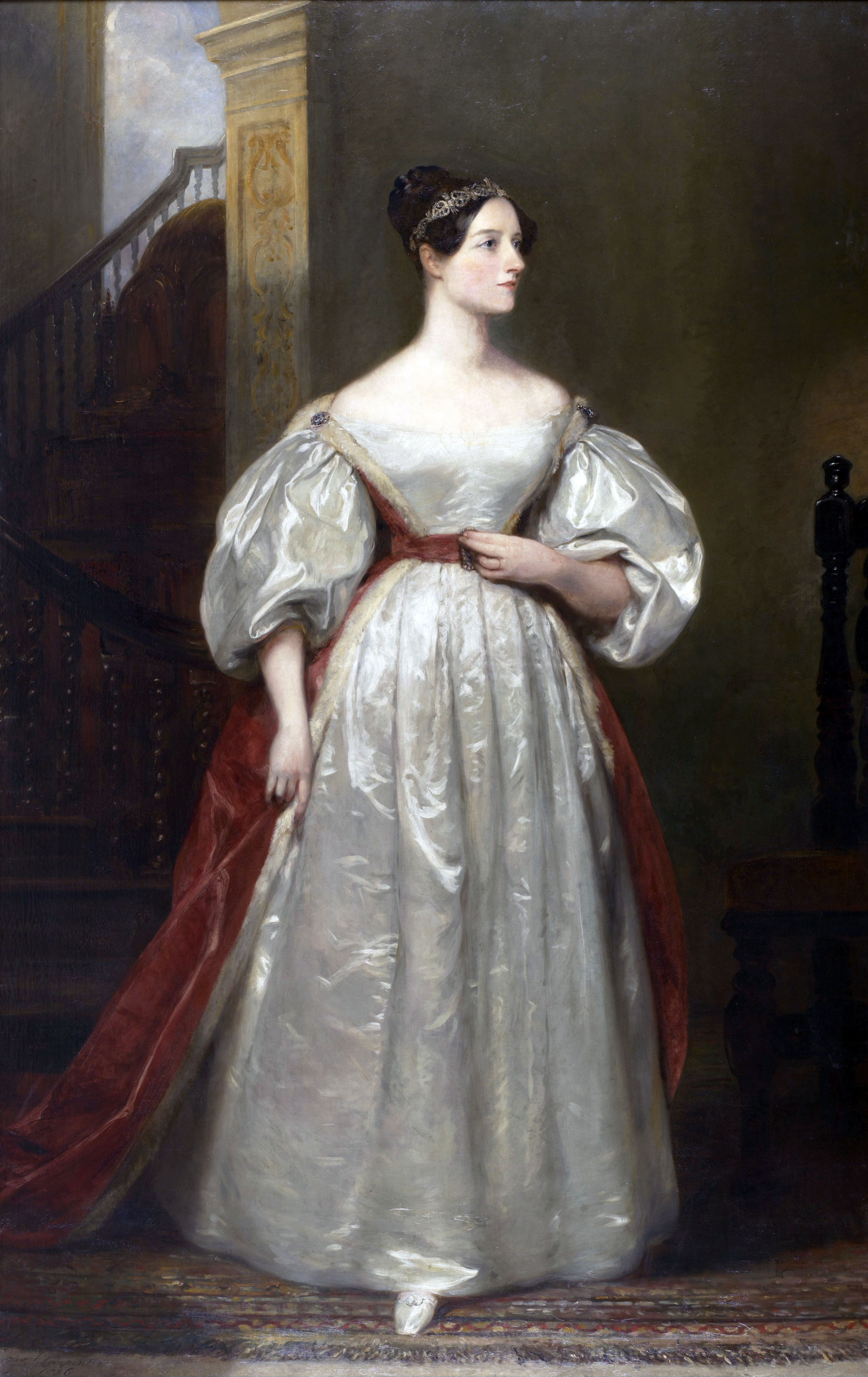for my students who are learning to program this week
This is what a person who can program a computer looks likes
This is what a person who can program a computer looks likes
 |
| Portrait of Ada by British painter Margaret Sarah Carpenter (1836) |
Yesterday was Ada Lovelace
Day, an annual commemoration of the all too awesome yet long ignored woman
now known as the first computer programmer.
While I admire Ada to no end, I don’t code unless I have to because
I’d rather spend my time writing history.
Still there are times when you need to be code literate in order to get the
history written.
I will, if possible, use almost anything to avoid programming. Today I was trying to combine a
bunch of historical sources that have been converted into .txt files. I have the sources separated by item for use
in Antconc, a concordancing software because to do a linguistics analysis I
need to be able to identify not only who wrote the source, but which particular
source the results I’m analyzing came from.
However to use in Wmatrix, a semantic tagging software, I need the
historical sources all combined into one .txt Because i have a Mac, generally I do this through Automator, which worked well for one set
of sources, from Women and Social Movements' Black Woman Suffragists Database, but not so well for the
subset of documents I’d assembled from the History of Woman Suffrage (which
took forever by the way. That is where the whole doing history not programming
comes in).
A quick google search brought to me to this how-to
page that explained how to combine .csv files from the command line. Here is where basic code literacy saved me a ton of time. I needed to be able to
1. read code
2. understand file extensions
3. navigate from the command line
to change the snippet of code to combine .txt files from four subfolders and then combine into one .txt file to use with wmatrix.
If I couldn’t do this then I would have been stuck opening
96 separate files and cutting & pasting them all together. Imagine how much history-writing time that
would have eaten up! And that is why I
advise my humanities students, who are this week working on their own programming
skills, that at minimum you have to be code literate.
UPDATE, in order to finish up more of the project I'm working on I needed to use a regular expression (know as a regex). I hate writing regex, but again with a google search I was able to find a snippet already written, and change it to serve my needs. In this care it wasn't a question of saving time, but rather making the historical analysis I wanted to perform possible.
No comments:
Post a Comment